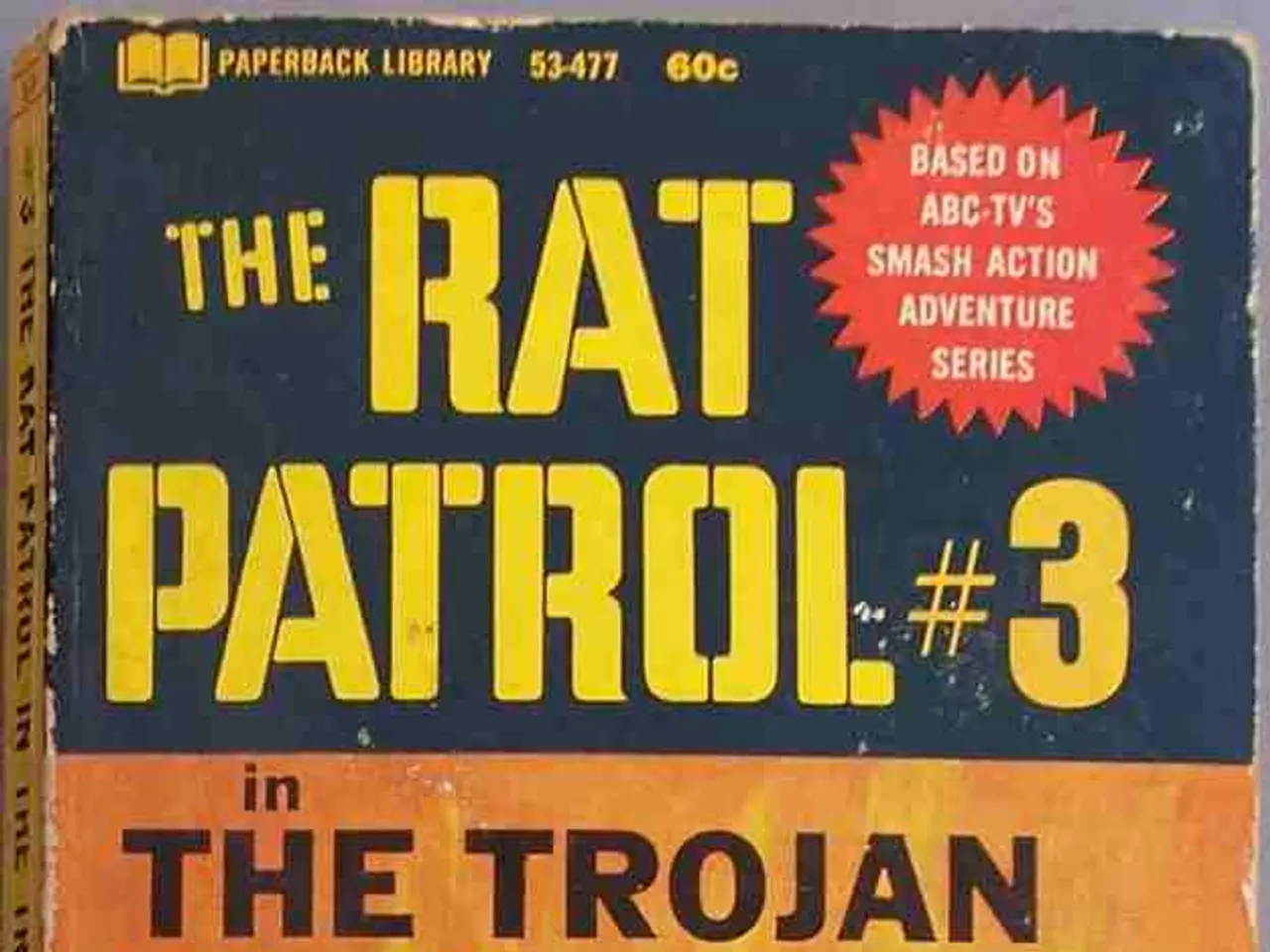Exploded Cambodian ordnance, consisting of rockets and shells, successfully removed from border districts
The 13-point ceasefire plan, signed between Thailand and Cambodia on August 7, has not completely resolved the issue of unexploded munitions from the recent border clashes. In response, the Thailand Mine Action Centre (TMAC) has been leading an 11-day operation, starting from August 1, to clear these dangerous remnants of war.
The operation, being conducted in the provinces of Surin, Si Sa Ket, Buri Ram, and Ubon Ratchathani, has seen the successful removal of 384 unexploded munitions, including BM-21 rockets, artillery shells, mortar rounds, and other unspecified munitions[3]. The operation, ongoing as of now, is being led by Gen Saksith Sangchanin.
The province of Surin, in particular, has been found to contain the highest number of unexploded munitions, with 206 BM-21 rockets discovered[6]. The TMAC teams, working together, are diligently working to ensure the safety of civilians and restore peace in the affected areas.
The clearance operation is a result of border clashes that saw 483 live rounds fired by Cambodia[2]. Despite the ceasefire, evidence such as a Cambodian soldier's phone found by Thai bomb disposal units confirms the illegal use of PMN-2 landmines by Cambodian troops near the border, violating ceasefire and international agreements[1].
International calls, such as from MAG, urge both countries to adhere to conventions banning cluster munitions and to prevent the use of such weapons, highlighting the broader effort to address remnants of war and unexploded ordnance[4].
Most civilians have returned home following the signing of the ceasefire plan. However, authorities continue to stress the importance of immediately notifying them of any suspicious objects found in or near the conflict areas[7].
The TMAC operation, amid reports confirming illegal landmine use by Cambodian forces and international pressure to comply with relevant arms conventions, is a testament to Thailand's commitment to ensuring the safety and well-being of its citizens[1][3][4][5]. The operation continues to ensure the safety of civilians and restore peace in the affected border communities.
The TMAC operation, ongoing in the provinces of Surin, Si Sa Ket, Buri Ram, and Ubon Ratchathani, is not only a response to the border clashes but also a testament to Thailand's commitment to addressing war and conflict remnants, as highlighted by international calls from MAG and other organizations. The operation, led by Gen Saksith Sangchanin, aims to restore peace in the affected areas and ensure the safety of citizens, particularly with Surin province having the highest number of unexploded munitions discovered. This political effort is crucial in light of the illegal use of PMN-2 landmines by Cambodian troops, as reported by Thai bomb disposal units, and the ongoing need to adhere to international agreements and conventions banning cluster munitions.






